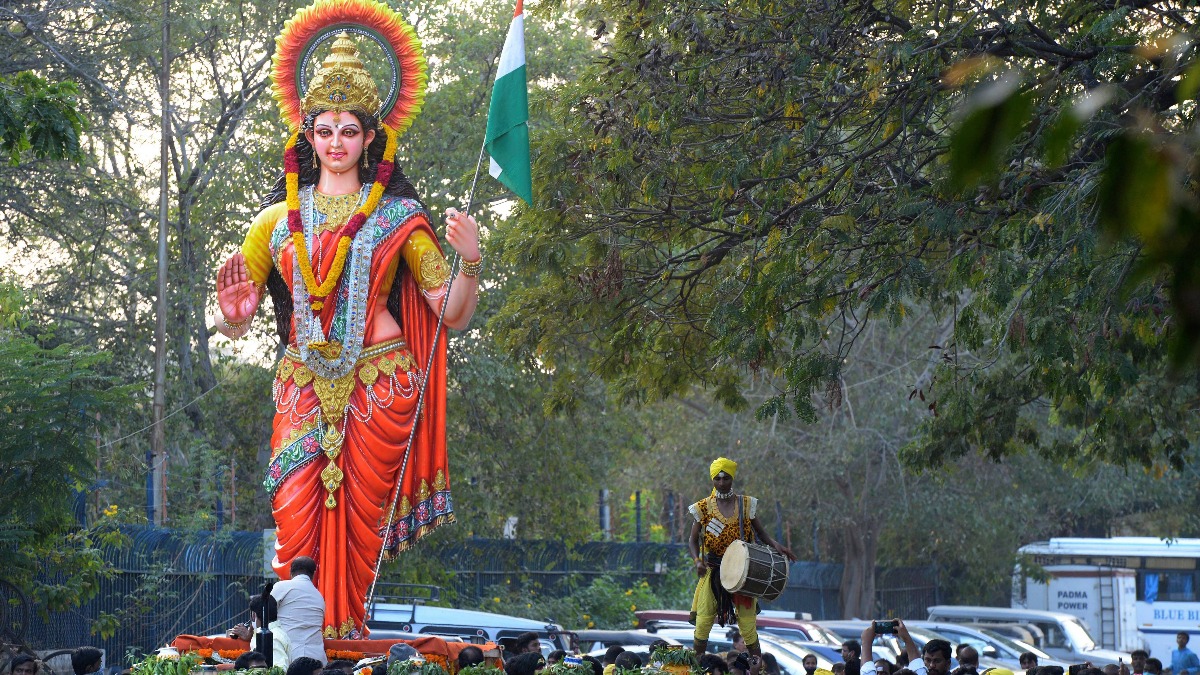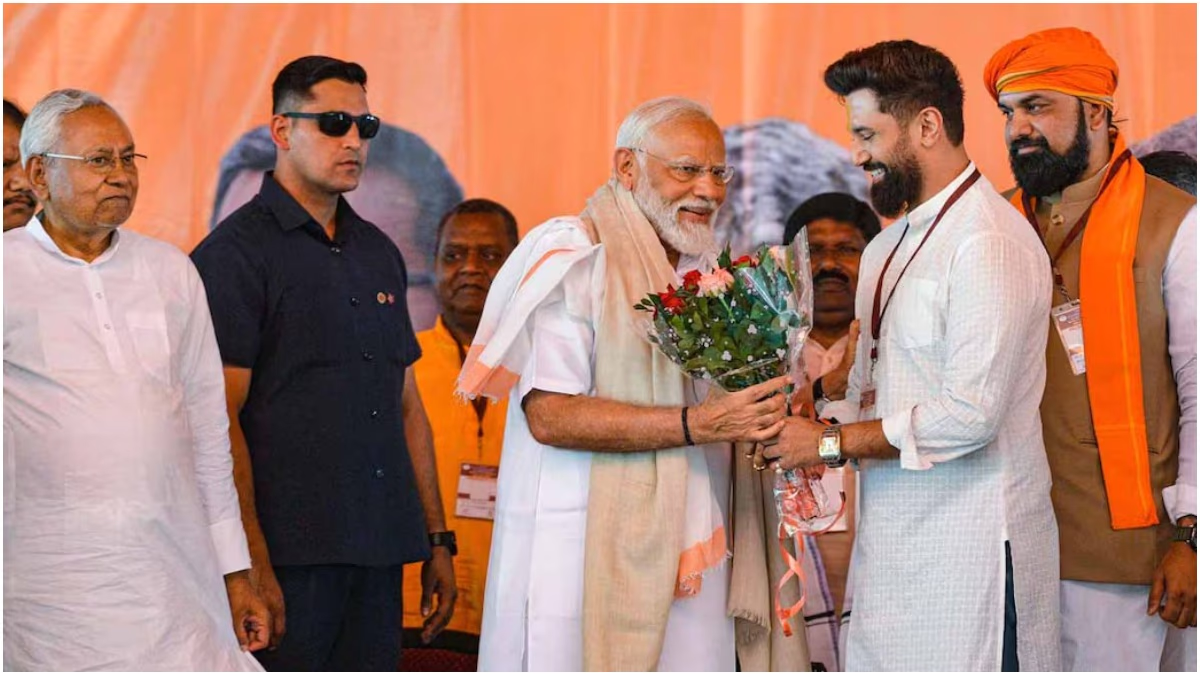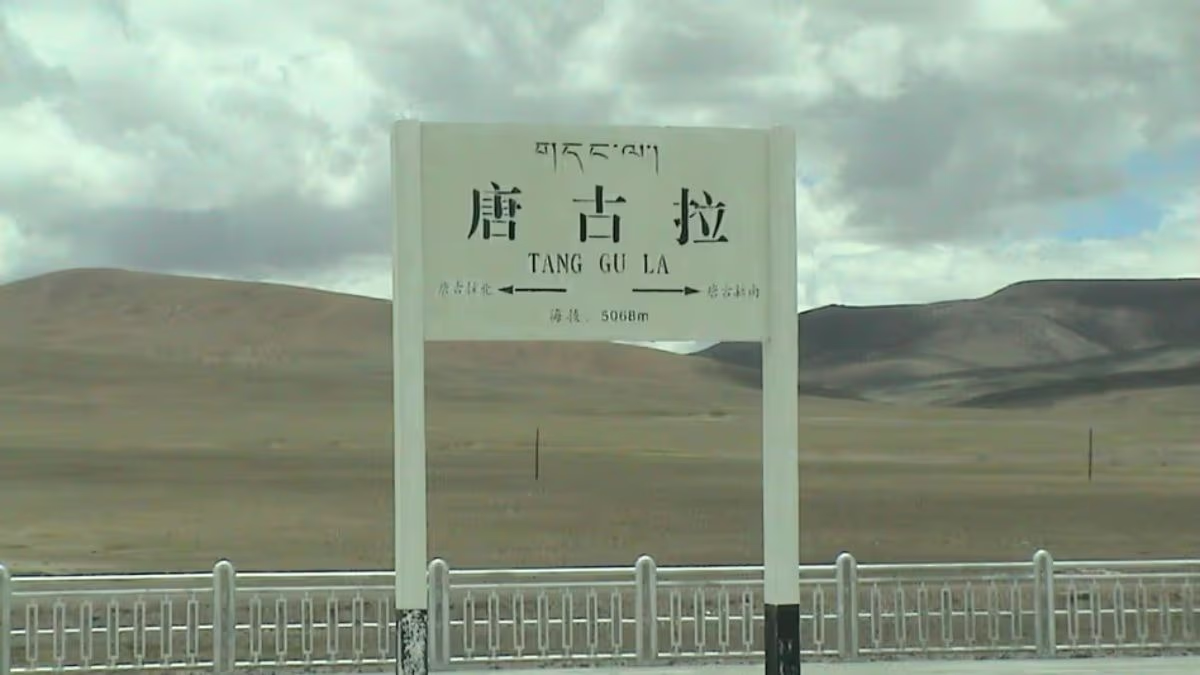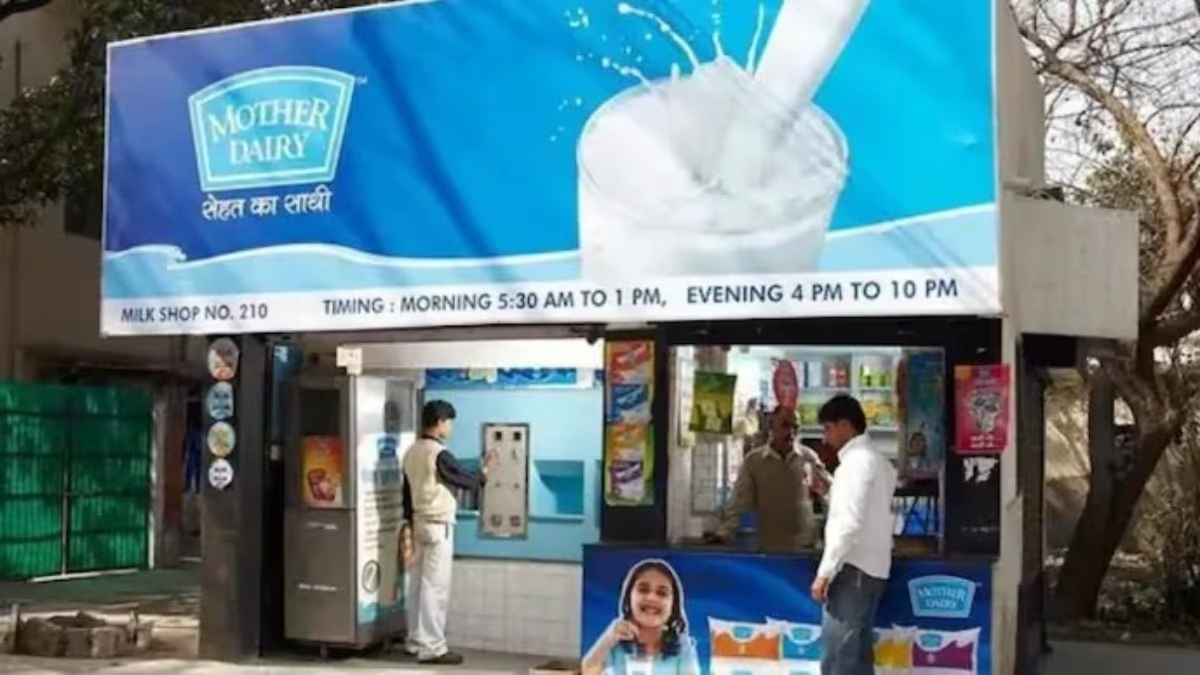A new debate has sparked following a statement by Kerala's Chief Minister, Pinarayi Vijayan. Vijayan claimed that the slogans 'Jai Hind' and 'Bharat Mata Ki Jai' were first raised by a Muslim individual.
In a rally in Malappuram opposing the Citizenship Amendment Act (CAA), Vijayan said, 'In some events, we hear leaders from the Sangh family raising the slogans of Bharat Mata Ki Jai. Who gave this slogan? Was it a leader from the Sangh family? I am unsure if the Sangh family is aware, but his name was Azimullah Khan. I'm not sure if they know that he was not their leader.'
He further claimed that the slogan 'Jai Hind,' like 'Bharat Mata Ki Jai,' was also given by a Muslim. 'Abid Hasan was the one who coined the slogan Jai Hind. Therefore, Jai Hind is also a contribution of a Muslim. Thus, I would like to say that the Sangh family, which wishes for Muslims to leave India and move to Pakistan, should also understand this history.'
The CM's statement has led to an uproar, with the BJP branding it divisive. BJP Rajya Sabha MP Sudhanshu Trivedi responded by saying that 'these slogans were given by an Indian, not any Hindu or Muslim.'
Who introduced the slogan 'Bharat Mata Ki Jai'?
Kerala's Chief Minister, Pinarayi Vijayan, has claimed that Azimullah Khan was the first to coin the slogan 'Bharat Mata Ki Jai'. Khan was a minister to Maratha Peshwa Nana Sahib in the 19th century.
According to an article, Azimullah Khan, born in September 1830, had a challenging childhood. He later moved to Kanpur with his mother, where he studied in a British Missionary and learnt both English and French.
M.G. Agrawal mentions in his book 'Freedom Fighters of India' that Khan was a significant leader during the 1857 revolt.
Being proficient in English and French, Khan worked as a translator. He initially served as a translator for a British Brigadier and later joined the Maratha ruler, Nana Sahib Peshwa II's court.
After the death of Peshwa Baji Rao II, the British denied the adopted son, Nana Sahib, his pension. Following this, Nana Sahib formed a delegation under Azimullah Khan's leadership to resolve the pension dispute in England.
In opposition to the British...
Between 1853 to 1855, Khan stayed in England. He met Queen Victoria to discuss reinstating Nana Sahib's pension of 80,000 pounds, but the British rejected the request.
Upon returning to India in 1855, Khan actively began to oppose the British Empire. Agrawal writes in his book, 'Khan asked Nana Sahib why he was worried about a meager pension when they could eliminate the British and reclaim their throne.'
Back in India, it's said that Khan wrote to princely supporters encouraging rebellion against the British. 'The Siasat Daily' reports that Khan brought a printing press from France and started publishing a newspaper called 'Payam-e-Azadi' in Hindi and Urdu after his return.
Khan played a vital role in the 1857 revolt. When the British encircled Kanpur, and as the uprising ignited, commanding officer General Hugh Wheeler retreated toward Allahabad from Sati Chaura Ghat. Then Nana Sahib's forces attacked, resulting in many British casualties, including Wheeler himself.
Saul David mentions in his book 'The Indian Mutiny' that Khan was instrumental in ending the 20-day siege of Kanpur.
Khan is also known for the revolutionary song 'Hum Hain Iske Malik, Hindustan Hamara,' although it didn't include the 'Bharat Mata Ki Jai' slogan.
Some believe the slogan 'Mother of the Nation, Jai Bharat Mata' was given during the first freedom struggle in 1857. However, others claim that 'Bharat Mata Ki Jai' was first mentioned in Kiran Chandra Bandopadhyay's play in 1873.
Former BJP Yuva Morcha National Secretary Anil Antony asserts historical records indicate the slogan's first mention was in Bandopadhyay's play in 1873.
The origin of the 'Jai Hind' slogan
Kerala Chief Minister Pinarayi Vijayan states that the 'Jai Hind' slogan was first raised by a diplomat named Abid Hasan, as found in Narendra Luther's book 'Lores of Hyderabad'.
Luther narrates the origin story of the 'Jai Hind' slogan in his book. The slogan was given by Abid Hasan, son of a collector from Hyderabad, who went to Germany to study engineering, where he met Netaji Subhas Chandra Bose.
After World War II, Netaji sought to free India and was forming an army in Germany. He appealed to Indian prisoners of war and expatriates to join his array. It was then that Netaji and Hasan met.
A patriot, Hasan left his studies to become Netaji's secretary and translator. Hasan later became a Major in Netaji's Indian National Army (INA).
Luther writes, 'Netaji wanted a greeting message for his army and independent India. He received many suggestions. Hasan initially suggested 'Hello', which Netaji dismissed. Then Hasan proposed 'Jai Hind', which Netaji liked. Thus, 'Jai Hind' became the salutation of the INA and the revolutionary Indians.'




